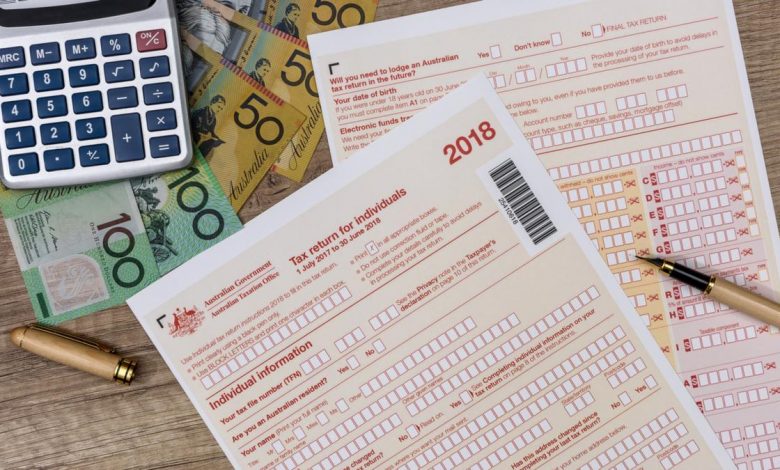CCIWA calls for payroll tax overhaul to help businesses facing rising cost pressures

Mounting economic headwinds that are increasing pressure on local businesses have prompted the high-tech industries to renew their demands for the state to overhaul its “stubborn” payroll tax system.
The WA Chamber of Commerce and Industry has used its pre-Budget bill to once again urge the McGowan government to consider easing payroll tax rates – the highest in the country – to help small and medium-sized businesses struggling rising interest rates, inflation and supply and labor shortages.
CCIWA wants the payroll tax threshold to be $1.3 million and a 15 percent rebate on liabilities up to $4 million, dropping to zero at $7.5 million.
The governing body believes the payroll tax system acts as a deterrent to future investment and attracts new business to the state. It is claimed that a company with 35 employees in WA would pay $39,000 more in tax than a Queensland company.
“Companies across the country strongly say that WA’s payroll tax rate affects their perception of WA as an attractive place to expand their business – nearly half of large companies say it significantly affects their perception,” CCIWA said in its filing.
It also claims it is working against economic diversification at a time when WA needs to attract new sectors as part of the net zero transition.
The call for an overhaul of the tax system comes amid the broader economic woes businesses are facing due to the recent surge in inflation that has pushed up interest rates, as well as the ongoing disruptions from the pandemic.
CCIWA found that businesses faced the same headwinds as households, driving up the cost of doing business.
“Businesses in WA are facing the same increasing cost pressures as households,” said CCIWA.
“This comes on top of supply chain disruptions, labor shortages and global uncertainty. Without relief, we are asking our local small and family businesses to compete with one arm tied behind their back.”
Freight costs, supply disruptions and a slowdown in skilled migration have increased pressure on businesses, with additional calls from the CCIWA in the 2023-24 budget to seek policy mechanisms to ease the burden.
There is also an effort by the state government not to levy new or increased taxes as this would stunt economic growth.
The industry association also argued that existing tax revenue expenditures should be better scrutinized.
“Government spending also needs careful scrutiny,” the draft says.
“If the budget is to be drawn upon, the benefits to the community must outweigh the costs, especially when those costs require the collection of taxes to fund spending.”
The pre-budget proposal recommends moving away from stamp duty amid claims it is unfair and putting more pressure on lower-income households.
Other states in Australia have eliminated or plan to eliminate stamp duty.
The CCIWA also urges the WA government to put more pressure on the Commonwealth to make the skilled migration system more accessible, emphasizing that WA has had a greater reliance on skilled labor than other states and territories.
Demands for longer trading hours on weekends and bank holidays for retailers have also been voiced again by the industry association, with the existing regulations being described as a “textbook example” of “unnecessary inhibition of viability and viability through bureaucracy”.
The filing also urges expanded efforts to help small and medium-sized enterprises decarbonize and diversify into other export markets.
This would include more extensive market research and prep information offered by the WA Government to show where opportunities lie.



